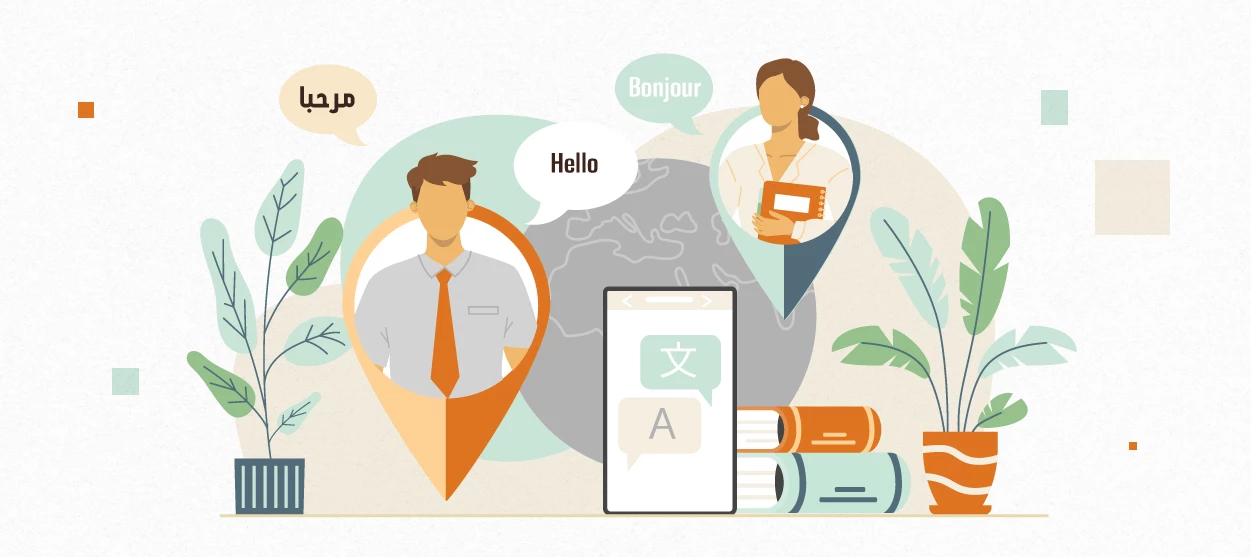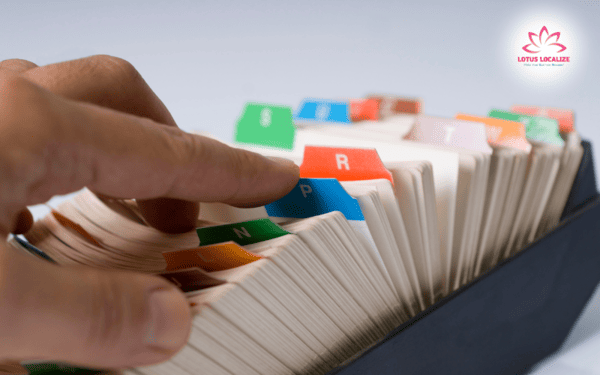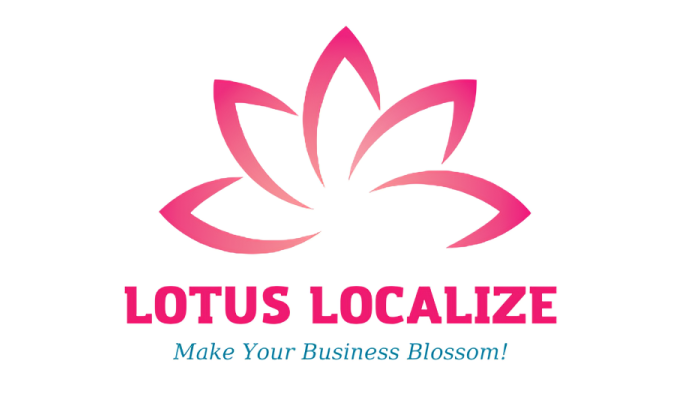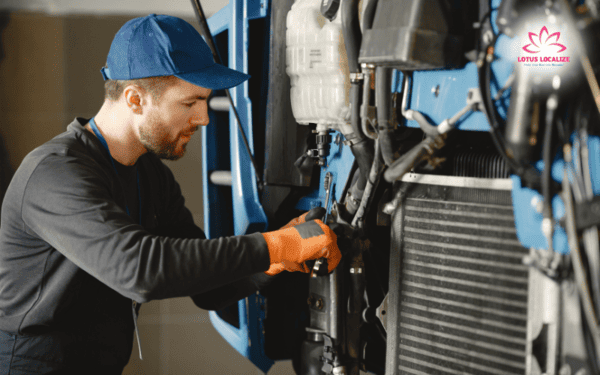
Mechanical engineering translation: A complete guide for accuracy and success
In today’s globalized economy, mechanical engineering projects often span across borders, languages, and cultures. From manufacturing giants to innovative startups, companies increasingly rely on accurate technical communication to succeed internationally. This is where mechanical engineering translation becomes crucial. A single mistranslated specification or instruction can cause significant delays, financial losses, or even safety hazards. In this guide, we’ll explore everything you need to know about mechanical engineering translation — why it matters, what challenges it poses, and how you can ensure flawless communication every time.
Unlocking the world of mechanical engineering translation
Mechanical engineering translation goes far beyond simply converting words from one language to another. It involves the precise transfer of specialized technical knowledge across different linguistic and cultural landscapes.
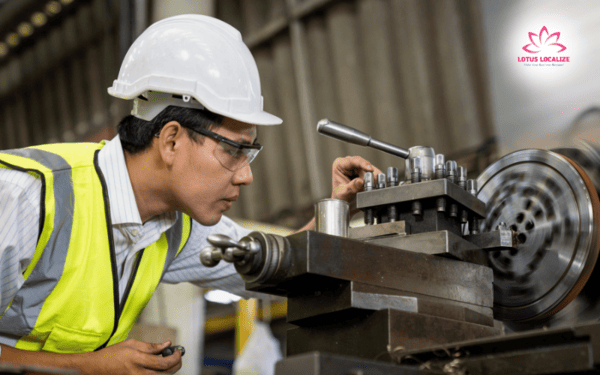
Mechanical engineers produce a wide range of complex documents, including:
- CAD drawings
- Technical manuals
- Product specifications
- Operating instructions
- Patents
- Research papers
Each of these materials contains highly specific terminology, exact measurements, and intricate systems — leaving no margin for error.
Adding to the challenge, mechanical engineering is a constantly evolving field. New technologies, materials, and manufacturing methods emerge regularly. Translators must not only master the technical language but also stay updated on industry developments. Understanding how mechanical systems operate, and how their components interact, is critical for maintaining the original document’s purpose, functionality, and safety standards during translation.
In essence, mechanical engineering translation demands a unique blend of language proficiency, deep technical expertise, and strong cultural sensitivity.
Read more: How environmental translation services drive global green transitions
Why precision is everything in mechanical engineering translation
Precision isn’t just important in mechanical engineering — it’s non-negotiable. The same principle applies when translating mechanical engineering content.
Key reasons precision matters:
- Safety first: Technical documents often instruct users on the safe operation of machinery. A mistranslation could result in incorrect use, leading to accidents or serious injuries. Accurate translation literally saves lives.
- Compliance with standards: Different countries follow different engineering standards and regulations. Incorrect translations of measurements, certifications, or testing procedures can mean non-compliance, project delays, and costly fines.
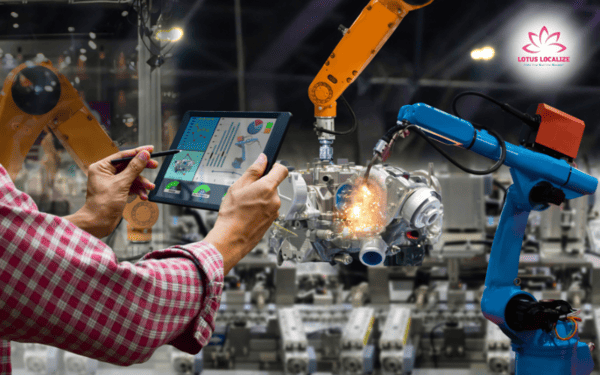
- Protection of intellectual property: Mechanical engineering often involves proprietary information. A precise translation protects intellectual property rights and ensures that patents and legal documents are correctly enforced worldwide.
- Boosting international reputation: Clients and partners worldwide judge a company’s professionalism based on the clarity and quality of its technical documents. Flawless translations reflect a company’s commitment to excellence.
In short, precision in mechanical engineering translation safeguards your projects, your people, and your brand.
Common pitfalls and challenges in translating mechanical engineering documents
Despite its importance, mechanical engineering translation comes with significant challenges. Here are some of the most common pitfalls:
- Misinterpretation of technical terms: Mechanical terminology is extremely specific. Some terms may not have direct equivalents in other languages, leading to misinterpretations if the translator lacks deep technical knowledge.
- Units of measurement confusion: Different regions use different measurement systems (e.g., metric vs. imperial). Failing to correctly convert units can lead to catastrophic errors during manufacturing or assembly.

- Overlooking contextual nuances: Words can change meaning depending on the mechanical system being discussed. Without proper context, even a technically correct translation can become misleading.
- Cultural differences in documentation: Document layouts, diagrams, symbols, and even color codes may vary across cultures. Adapting the content while keeping it technically accurate requires an experienced touch.
- Outdated knowledge: Because technology evolves so fast, translators must stay updated. Translating based on outdated engineering practices can compromise the entire document’s validity.
Being aware of these pitfalls highlights the need for professional expertise rather than relying on generalist translators or machine translation tools.
Read more: How engineering translation services drive safety, compliance, and efficiency
Essential qualities to look for in a mechanical engineering translator
Finding the right mechanical engineering translator is crucial. Here’s what you should look for:
- Technical background: Ideally, your translator should have formal education or professional experience in mechanical engineering. Understanding the “why” behind technical concepts leads to much more accurate translations.
- Language proficiency: Beyond native-level fluency in both source and target languages, they must master the technical vocabulary and expressions specific to mechanical fields.
- Attention to detail: Minor errors in spelling, numbers, or diagrams can have major consequences. A good translator must be meticulous and highly detail-oriented.
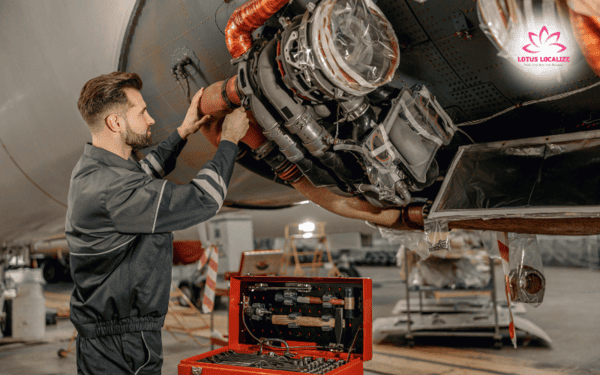
- Familiarity with standards and regulations: Your translator should know industry-specific standards such as ISO, DIN, ASME, or ASTM, depending on your project’s requirements.
- Use of modern tools: Professional translators often use CAT (Computer-Assisted Translation) tools, glossaries, and translation memories to ensure consistency and efficiency across large projects.
- Problem-solving mindset: Sometimes technical documents aren’t perfectly clear. A skilled translator knows how to seek clarifications and offer solutions instead of making assumptions.
Hiring a translator with these qualities ensures your technical communication is precise, compliant, and effective.
How to find the perfect mechanical engineering translation partner
Choosing a reliable translation service for mechanical engineering projects can make or break your global success. Here’s how to find the ideal partner:
- Evaluate technical expertise: Don’t just ask about language skills — dig into their technical qualifications. Ask if their translators have worked on similar projects or industries.
- Check for specialization: Choose a service that specializes in engineering or technical translations rather than a general agency that handles everything from tourism brochures to legal contracts.
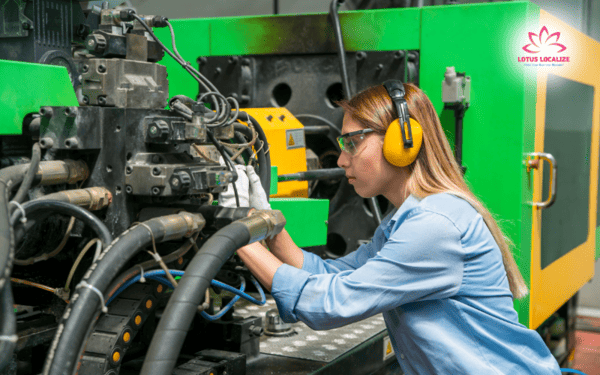
- Ask about quality control: Ensure they have robust processes for proofreading, editing, and technical validation by subject matter experts.
- Look for technology integration: Good agencies leverage CAT tools, terminology databases, and even AI-assisted QA checks to deliver consistent quality faster.
- Prioritize clear communication: Your translation partner should ask thoughtful questions about your project and proactively seek clarifications when needed.
Why choose Lotus Localize for mechanical engineering translation?
Choosing the right translation partner is critical in mechanical engineering — and Lotus Localize delivers the expertise you can trust.
- Specialized technical knowledge: At Lotus Localize, we combine deep engineering expertise with professional language skills. Our team includes experienced mechanical engineers and certified translators who understand the precision required for every word, number, and technical diagram.
- Tailored solutions for every project: We recognize that every engineering project is unique. That’s why we customize our translation processes to fit your specific requirements — ensuring your documents not only meet international standards but also align with the expectations of your local audience.
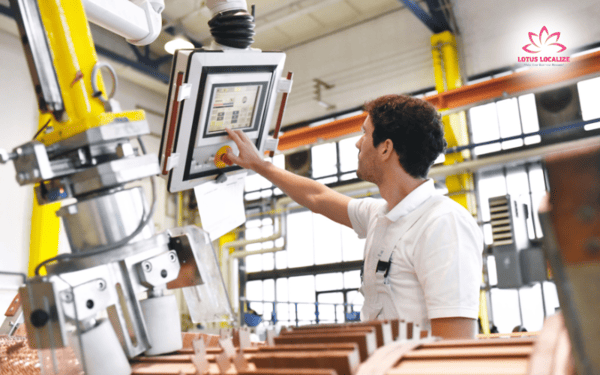
- Commitment to quality and confidentiality: Quality control is at the heart of everything we do. Every document undergoes thorough technical reviews and linguistic checks. We also prioritize strict confidentiality, safeguarding your intellectual property throughout the translation process.
- Helping you go global: With Lotus Localize, language is no longer a barrier. Our translations help you communicate clearly, comply with international regulations, and confidently expand your engineering innovations into new markets.
👉 Whether you are launching a new product, expanding into international markets, or securing patents across borders, Lotus Localize is here to ensure your mechanical engineering translations are accurate, reliable, and ready for the world.
Mechanical engineering translation is not just about language — it’s about accuracy, expertise, and global collaboration. In an industry where tiny errors can lead to massive consequences, investing in professional, precise translation services is essential. By understanding the challenges, recognizing the qualities of a great translator, and partnering with a specialized agency like Lotus Localize, you can ensure that your technical content drives your international success safely and efficiently.
When you speak the world’s language — precisely and clearly — the world listens.
If you have any questions or need assistance with document translation services for many industries: life sciences translation, education translation, technology translation, financial translation, marketing translation, manufacturing translation, government translation,… and interpretation services: escort interpreting, simultaneous interpretation, remote interpretation, and localization services: software localization, game localization, app localization,… please contact Lotus Localize immediately at +84 866 224 968 or visit the website: lotus-localize.com for advice on the best solutions!
QUALITY PROMISE
Lotus Localize offers consistent, high-quality service delivery in all customer engagements. Our in-house translators and staff adhere to well-established business processes, allowing us to communicate properly, deliver on time, and surpass client expectations.






